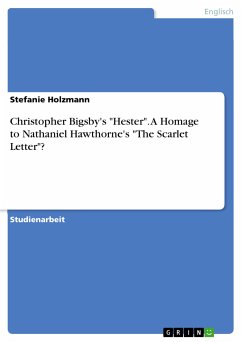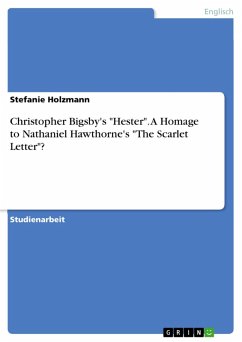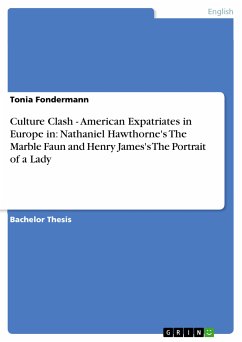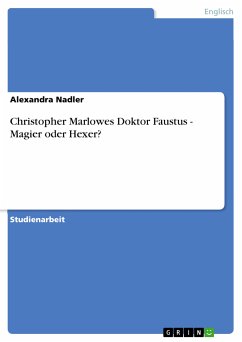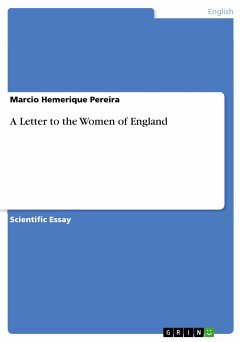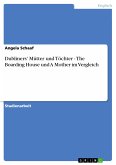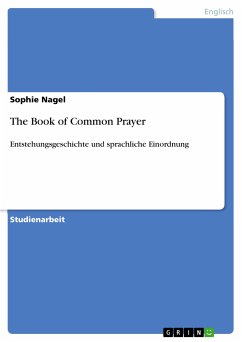Studienarbeit aus dem Jahr 2014 im Fachbereich Anglistik - Literatur, Note: 2, Bayerische Julius-Maximilians-Universität Würzburg (Angelistik), Veranstaltung: "Spin-Off, Mash-Up and Rewrite: Literary Recycling", Sprache: Deutsch, Abstract: This paper will center on the question if Christopher Bigsby’s novel "Hester" pays homage to Hawthorne’s "The Scarlet Letter" or not. It will also examine if the here mentioned text can be seen as a recycled literature, a spin off or a rewrite. "The Scarlett Letter" is a text which has always enjoyed a considerable amount of attention and significance in literary circles and by an extensive range of authors. It has been rewritten a large number of times and several authors have attempted to expand or offer their own version of the tale presented by Hawthorne. "The Scarlett Letter" enjoys such a position in literature that several authors have attempted to explore and contribute to it in their own, creative and special way. Christopher Bigsby’s "Hester" also falls under the category of the works which have utilized Hawthorne’s text to offer other versions, extensions or explanations. The just mentioned novel by Christopher Bigsby serves as a background explanation of the lives and actions of the characters in "The Scarlett Letter", especially Hester Prynne. This all happens in reflection prior to the events and points in time depicted in Hawthorne’s novel.
Bitte wählen Sie Ihr Anliegen aus.
Rechnungen
Retourenschein anfordern
Bestellstatus
Storno

